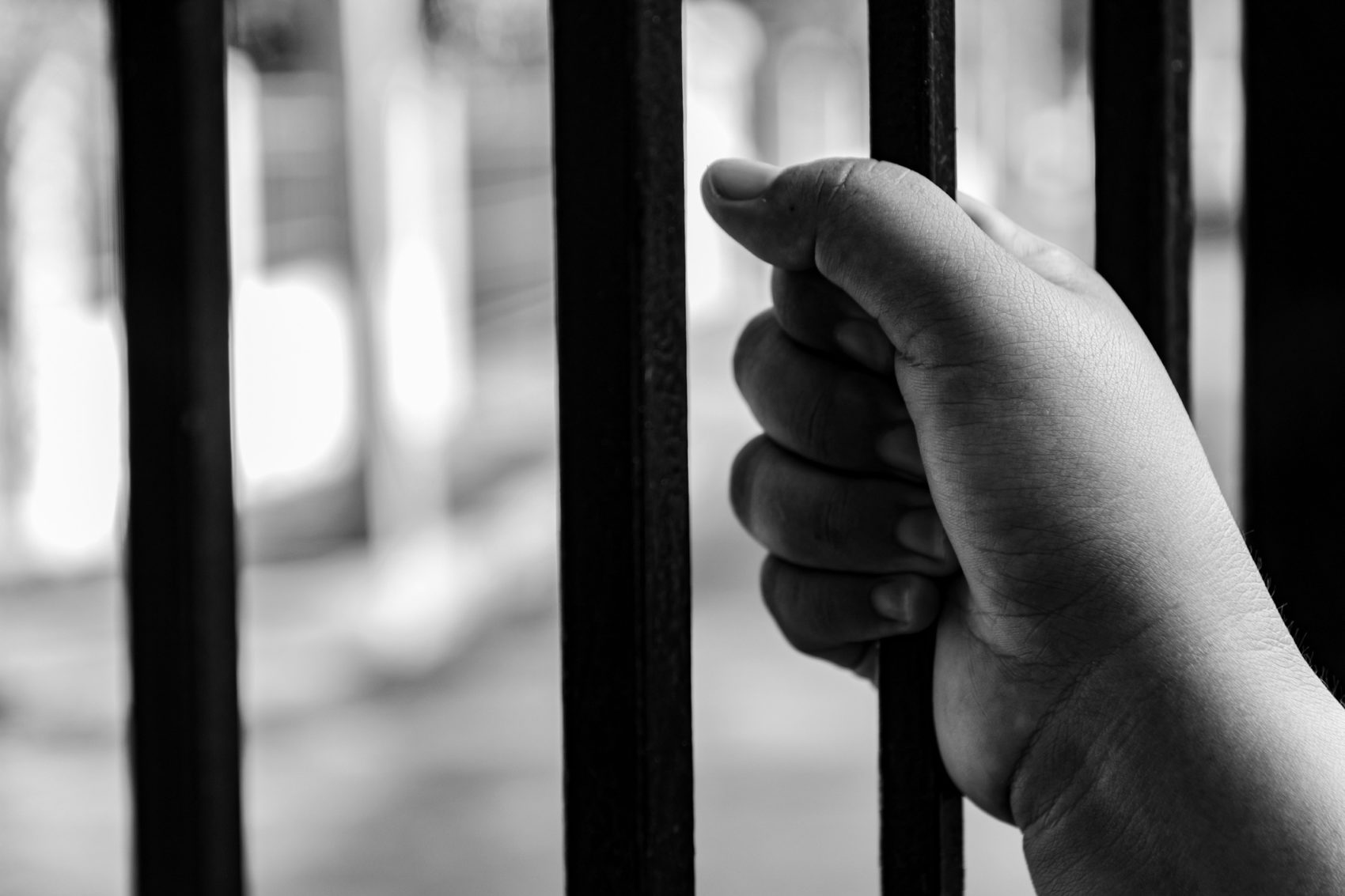Recognizing the ‘Dual Victim’
People who have lost loved ones to violence and to life without parole sentences are calling for an end to these sentences in Pennsylvania.

Spotlights like this one provide original commentary and analysis on pressing criminal justice issues of the day. You can read them each day in our newsletter, The Daily Appeal.
In Pennsylvania, the Coalition to Abolish Death by Incarceration is calling for an end to life without parole sentences. Pennsylvania has sent more people to prison for life—numbering over 5,000 right now with no hope of release—than any other state except for Florida. (Pennsylvania’s population is half that of Florida.) The group supports the introduction of parole eligibility after 15 years (mirroring second-look proposals in other states), presumptive parole, and a cap on the maximum sentence.
An article this week in the Pennsylvania Capital-Star looks at how some members of the coalition speak from their experience as “dual victims,” people who have suffered the loss of a loved one who was killed and the loss of a loved one who has been sentenced to spend the rest of their years in prison. They are asking the state to give people who are in a prison a chance to show that they are ready to go home.
Victims are a diverse group. They number far more than any official agency can tally because so many acts of violence go unreported. In her book “Until We Reckon” and in her earlier writing, Danielle Sered, the founder of Common Justice, underscores that less than half of all survivors of violent crime report what has been done to them. Any representation of what survivors want is, of course, incomplete, but too often “what victims want” is a tool that carceral actors use to justify seeking and maintaining punitive policies and harsh punishments.
It is also the case that although the criminal legal system sorts people into the classes of “victims” and “offenders,” these labels mask the fact that any member of either category is much more than that label and entirely obscure the reality that many people have both been harmed themselves and have harmed others. They also fail to acknowledge the experiences of so many families, which include loved ones who have been at the receiving end of violence and also include loved ones who have inflicted violence on others and then faced the harshest penalties.
In Pennsylvania, at least some people are speaking from those experiences and saying that losing loved ones to incarceration means that they do not wish that on anyone, even people who have killed their own family members. Kimberly King told her story to Elizabeth Hardison of the Capital-Star. When King was 26, her brother was shot and killed. For months, she hoped for retribution against his killer. But eventually that stopped being what she wanted, in part because of an earlier loss: another brother to a life without parole sentence seven years earlier.
“I could not ask for forgiveness for Terrell and turn around and not be willing to give it to the individual that took Damani’s life,” she said.
In her book, Sered points out that we give people who have experienced violence or lost loved ones very few options. People, especially those who come from communities where jail and prison are among the most common life pathways, may not believe incarceration will make them safer. But they are not offered anything else. As the experience of Common Justice, the restorative justice program Sered started and runs, shows, when offered a mechanism for accountability and for healing, survivors of violence often choose that.
We know this. We also know that police and prisons offer the least to the people who live in these neighborhoods, and have the least credibility as guarantees of safety.
Robert “Saleem” Holbrook, a member of the coalition who was sentenced to life without parole as a minor and then was released in 2017 told Hardison: “Philadelphia, Pittsburgh, Chester—these are the epicenters of violence. But you know what they are too? They are the epicenters of mass incarceration. You can’t separate these two issues.”
Yet we do not recognize people who live at the nexus of these harms as the experts that they are. That would begin with an acknowledgment that a prison sentence removes a person from a family and community, and that the people left behind experience a loss.
In Pennsylvania, the head of the state Office of the Victim Advocate refused to acknowledge this. She told the Capital-Star that the term “dual victim” is not one that the office recognizes.
